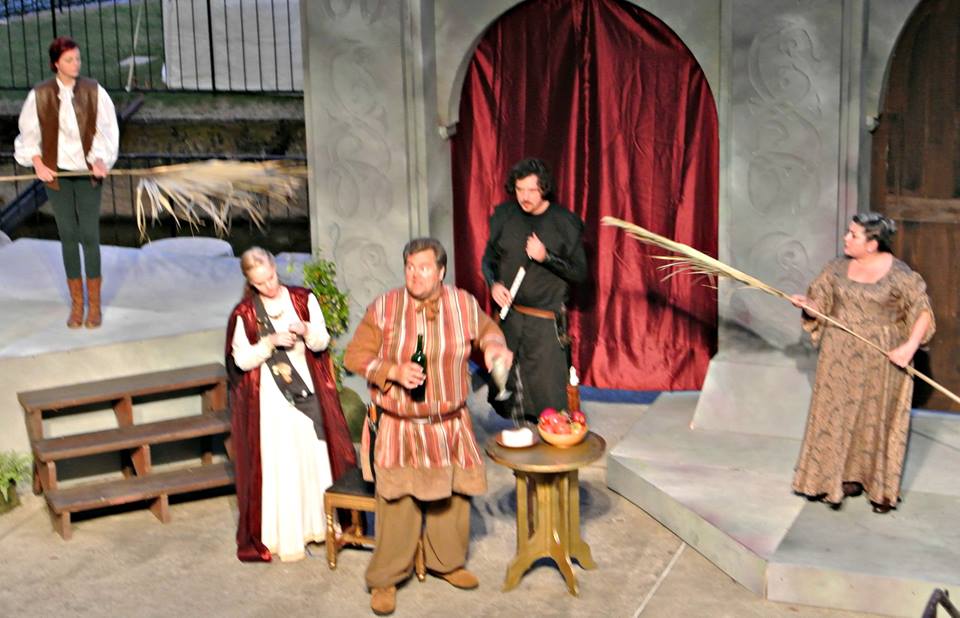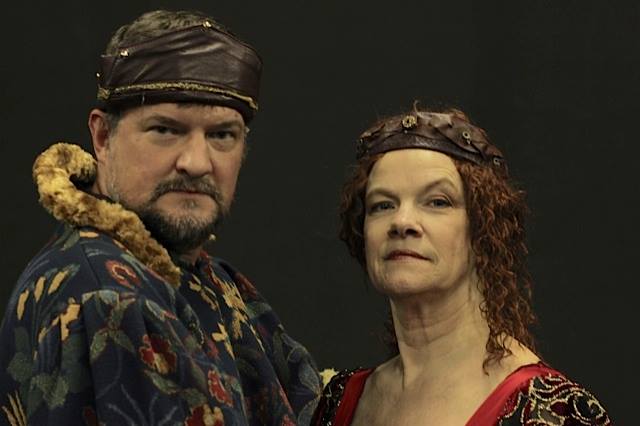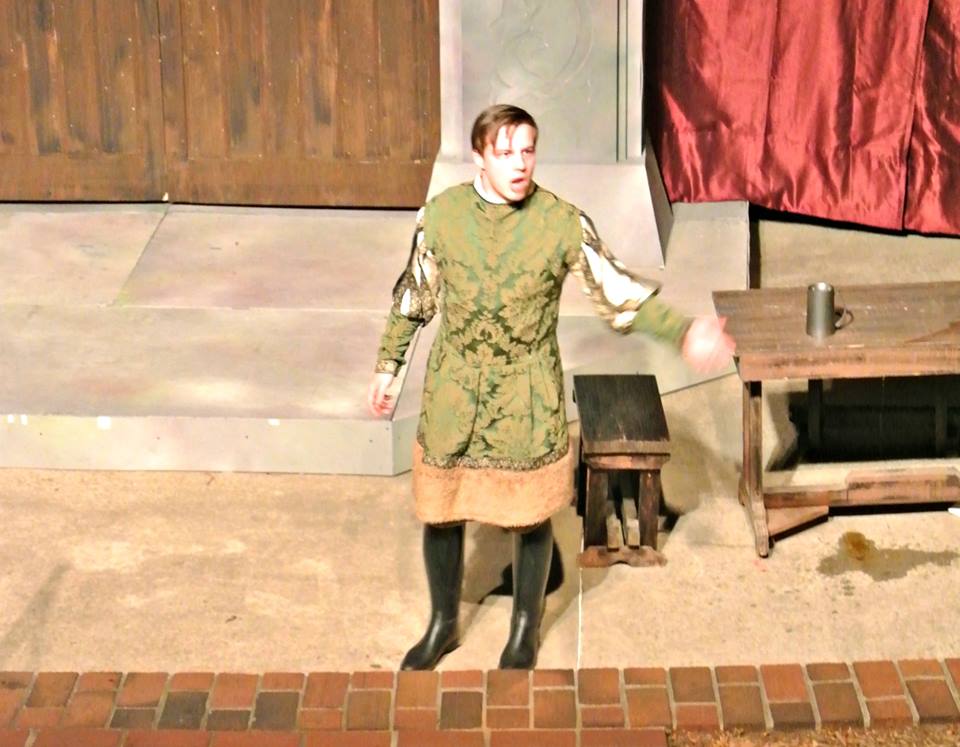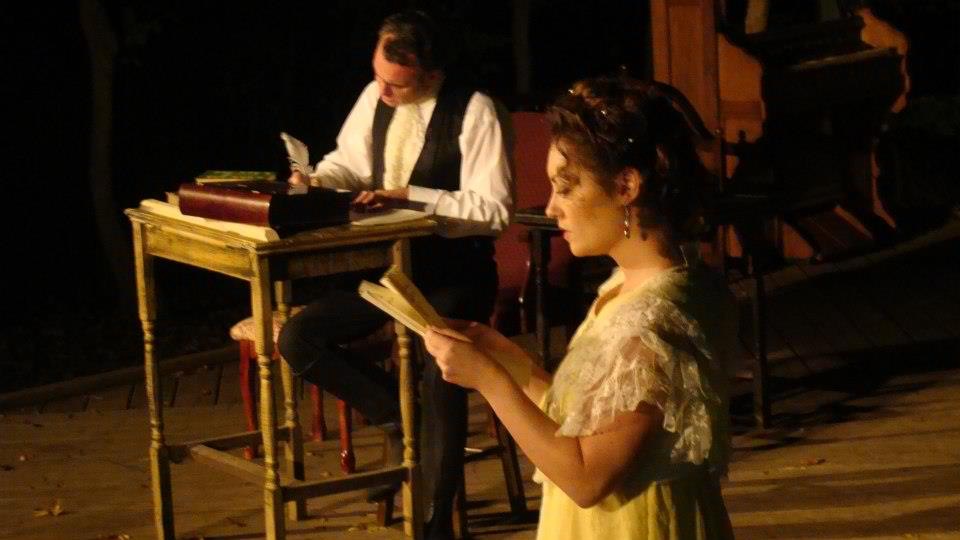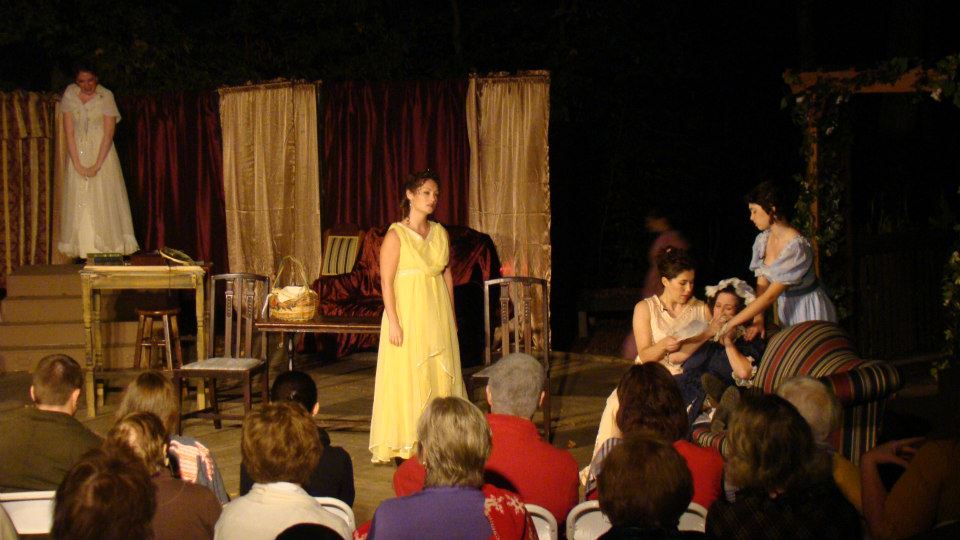It’s the 5th season for Jasper’s innovative project, the Play Right Series and we couldn’t be happier to announce that Ryan Stevens is our 2025 winner.
A native of Greenville and a 2020 graduate of USC with an MFA in Playwrighting, Stevens received his MA in Theatre in 2017 and BA in English in 2015, also from USC. Currently a Playwriting Fellow at Emery University, Stevens will commute from Atlanta during the upcoming summer to workshop his play, Busted Open, alongside a group of Midlands-area Community Producers, a process that will ultimately lead the play to the staged reading phase of development. In addition to this performance at summer’s end, Jasper will also publish his manuscript and register it with the US Library of Congress.
The purpose of Jasper’s Play Right Series is threefold: to empower and enlighten audiences by offering insider views of the process of creating theatre art via the roles of Community Producers; to increase opportunities for theatre artists to create and participate in new art without being attached to a theatre organization; and, to provide more affordable and experimental theatrical experiences for emerging theatre artists and their audiences.
This year’s Community Producers will witness the first ever table reading of Stevens’ new play, Busted Open, as well as attend a private rehearsal and informal presentations by the playwright, director, cast and crew, and ultimately be celebrated for their financial and personal contributions (minimum investment $250) to the project at the staged reading premiere of Busted Open in late summer.
Previous Community Producers, several of whom have re-invested year after year, have included community members like Bill Schmidt, Ed Madden, Linda Khoury, Paul Leo, and James and Kirkland Smith. Additional financial support has also been generously provided by folks like Jack McKenzie, Hunter Boyle, Robin Gottlieb, and many more.
Judges for this year’s competition were Linda Khoury, executive director of the SC Shakespeare Co.; Stan Brown, professor of acting at Northwestern University and professional actor who recently enjoyed his Broadway debut in Water for Elephants; and, Jayce Tromsness, a longtime multifaceted SC theatre artist.
~~~~~
Play Right Series 2025 Community Producer Schedule
SUNDAY, JULY 20: Introducing Ryan Stevens and Busted Open
Meet the 2025 Play Right Series Winning Playwright Ryan Stevens and witness the Inaugural Table Reading of Busted Open
~
SUNDAY, AUGUST 3: The Art of Stagecraft
The cast & crew of Busted Open explain the process of preparing for a role and tricks of the trade to demystify some of the magic of the theatrical arts
~
SUNDAY, AUGUST 17: The Playwright's Craft
Learn about the processes of 4 award-winning playwrights including Ryan Stevens, Chad Henderson, Lonetta Thompson, and Colby Quick with your host Jon Tuttle, author of South Carolina Onstage, The Trustus Collection, and more
~
SUNDAY, AUGUST 31: Sneak Peek Week!
Be a fly on the proverbial stage wall among an intimate group of guests to watch a working rehearsal of Busted Open – see how far the cast has come since the first ever Table Reading just six weeks earlier
~
SUNDAY: SEPT 14: The Big Event – Staged Reading of Busted Open
Take your reserved seat for the Premiere Stage Reading of Busted Open by Ryan Stevens at Columbia Music Festival Association and enjoy a post-show champagne toast to the cast, crew, and creator of Busted Open!
For more information about the 2025 Play Right Series schedule and Community Producer opportunities please visit the Projects section of our website JasperProject.org.










